GitHub for X
The 2020s will do to knowledge work what the 2010s did to unskilled labor.

Crypto and the Conservation of Centralization
You can't decentralize the web. At best, you can kill old winners and pick new ones. Here's how.

Friday!
🐣 We have a new baby boy, so no newsletter this week. 🔐 The first cohort of Hype-Free Crypto is sold out. To get on the list for January, reply to this email or drop your email here [https://www.hypefreecrypto.com]. 🚀 The 10th cohort of Future-Proof Real Estate kicks off next

Invisible Hierarchies
In the War for Talent, crypto is an unconventional weapon. We need to spend more time thinking about collateral damage.
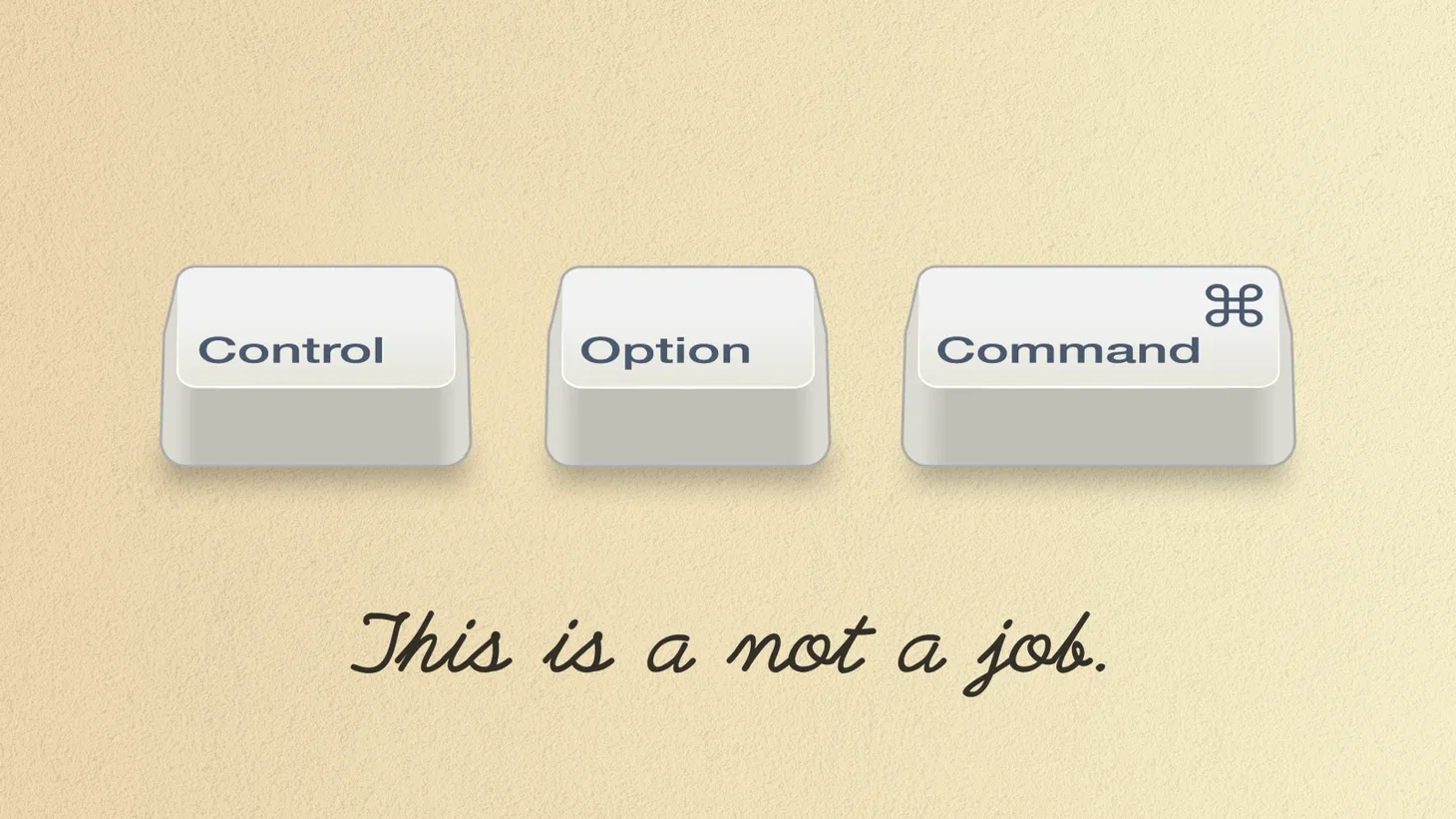
Money and Beauty.
2008 turned "wealth" into a bad word, and undermined trust in financial and political institutions. The 2020s are offering an alternative approach.

Crypto Rorschach Test
Technology is nothing but an opportunity to change. The final outcome is (still) up to us.
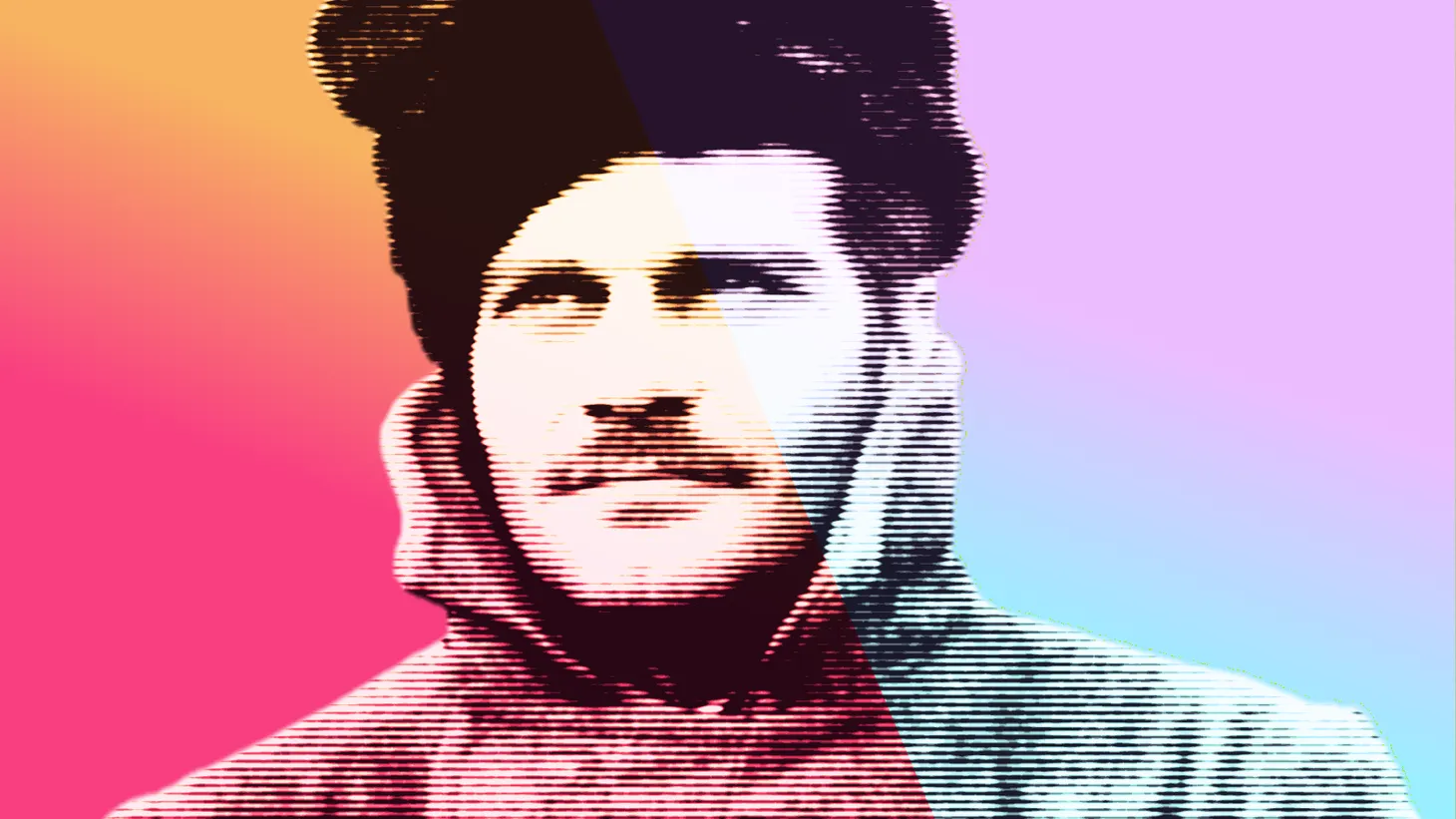
Clones and Colonizers
The most precious resources of the 21st Century are human creativity and attention. The colonizers are coming to get yours. Here's how to save your soul.

Andreessen Pulls a Bezos
Cheap money and power-law profits are killing venture funds and birthing venture firms.
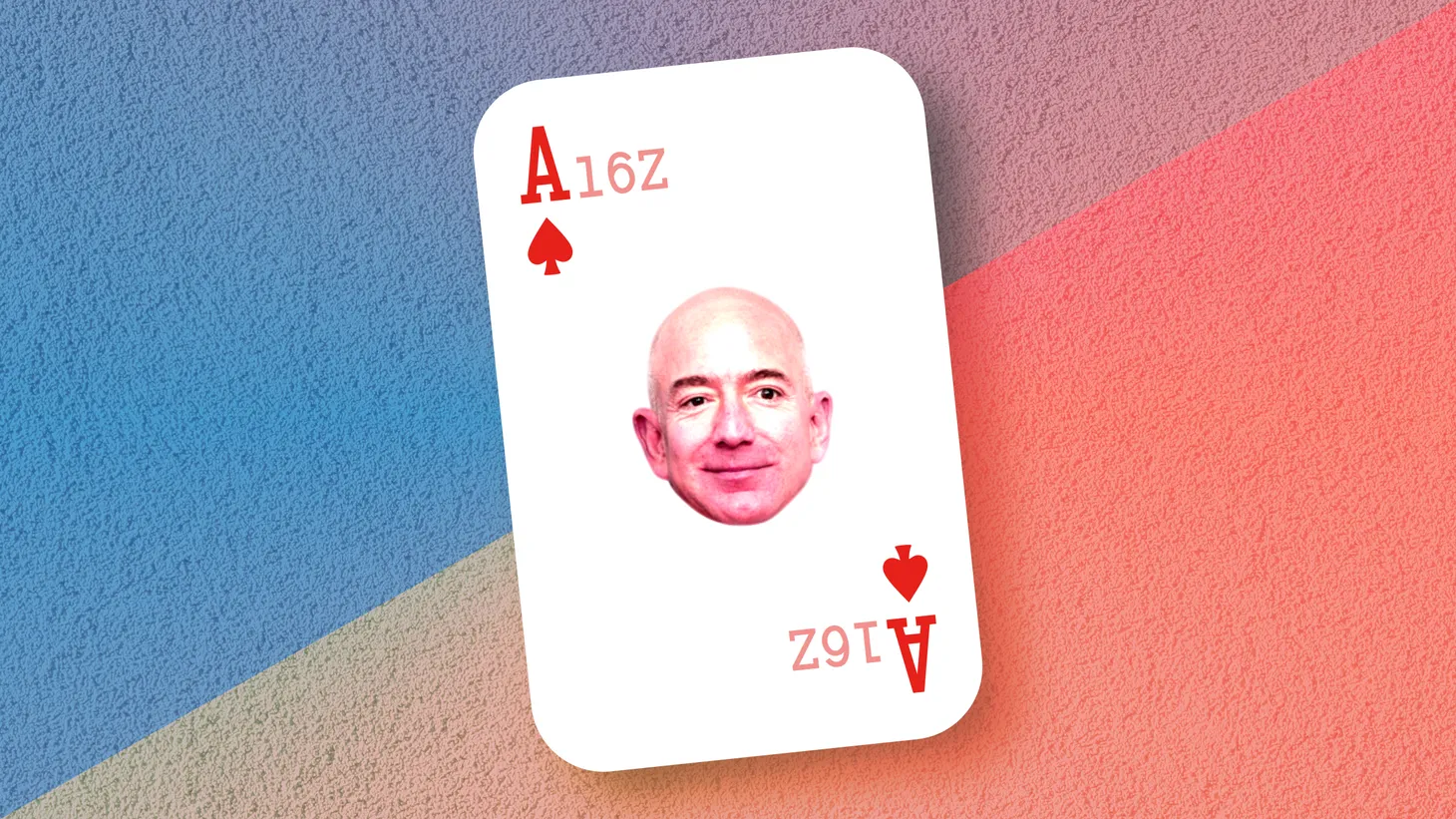
Leaving Yourself at Home
As work becomes more personal and creative, demand for alternative personalities will increase.
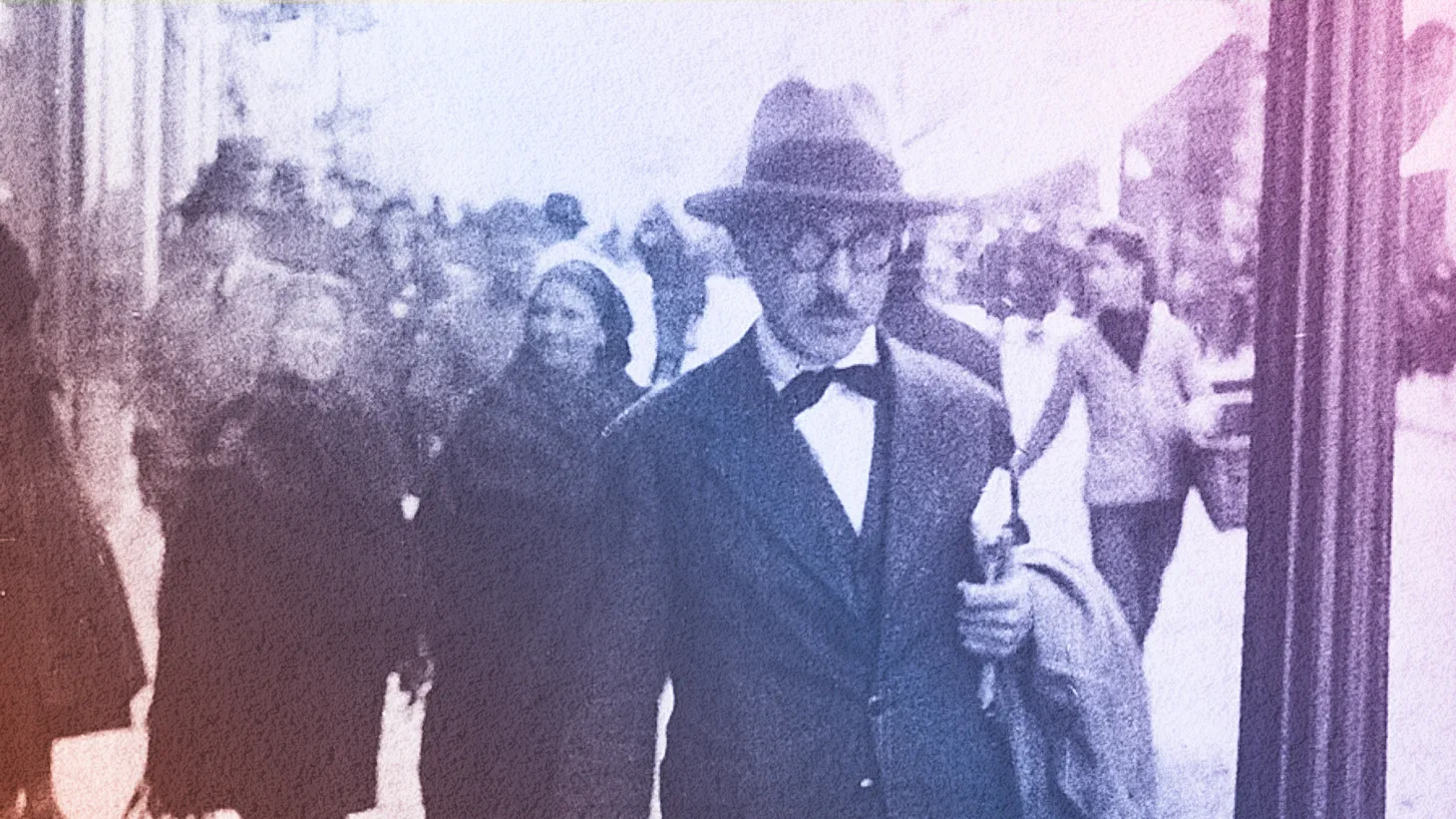
The Winners of Remote Work
Ultimately, remote work ushers some freelancers and employees into a global arena that seems to promise a higher ceiling, but a lower floor as well.
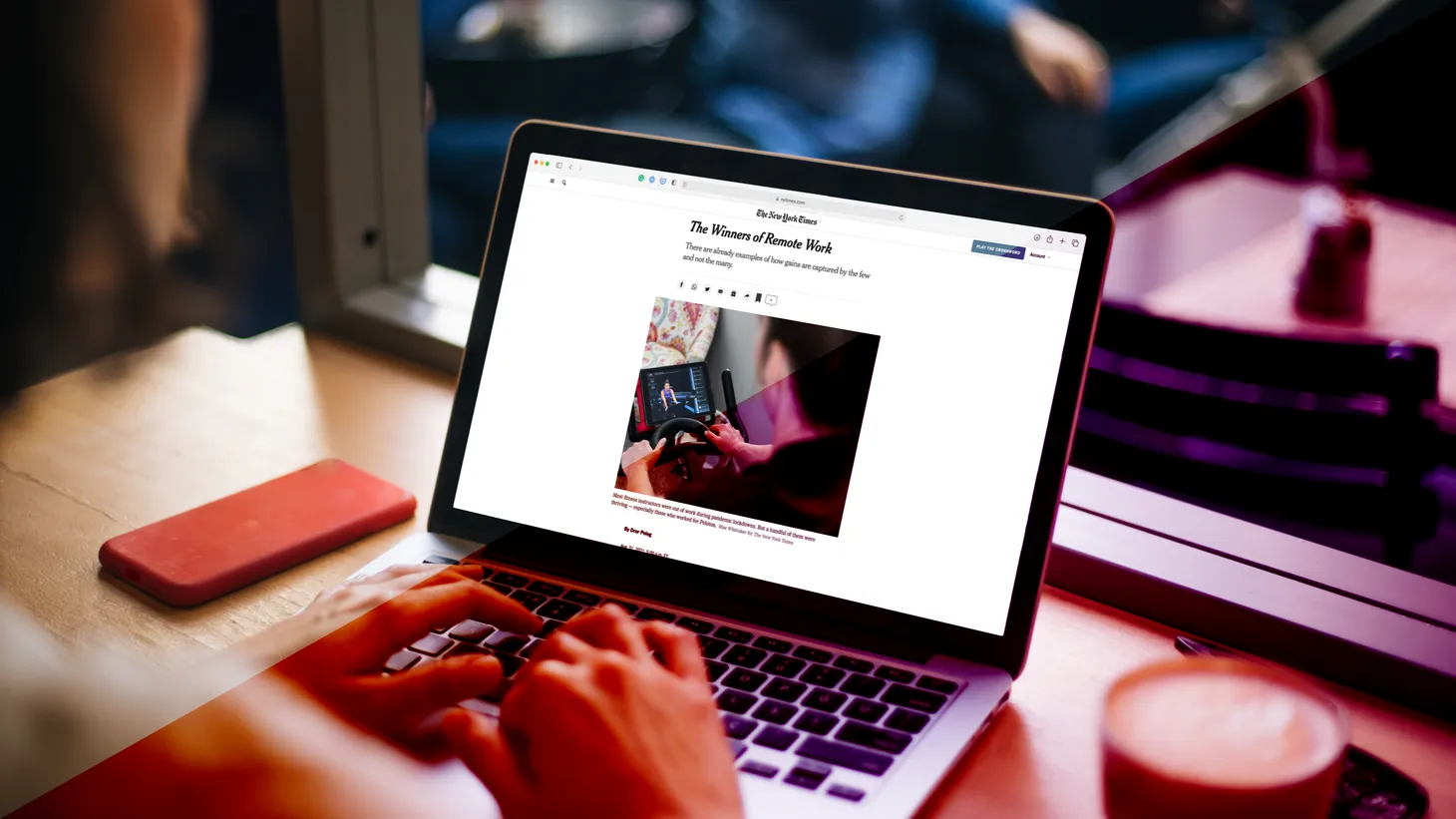
Selling Your Soul to Yourself
Technology enables us to make a living by being ourselves. But it also incentivizes us to become whatever the market needs us to be.

Naked Capitalism
New ownership technologies can also help spread the risk of making bold bets.

Remote and Indispensable
The footsoldiers in the war for talent are about to take a pay cut.

The Office Leak Hypothesis
The real variants are the people we've become while working remotely.

Remote Losers
A bigger talent pool favors the lucky over the skilled.

Listed.
Thank you to everyone who shared their thoughts about last week’s piece about religion and distributed work [https://www.drorpoleg.com/remote-worship/]. I am still working on a not-much-longer but a much-better-thought-out piece about the broader consequences of remote work. In the meantime, I wanted to share with you
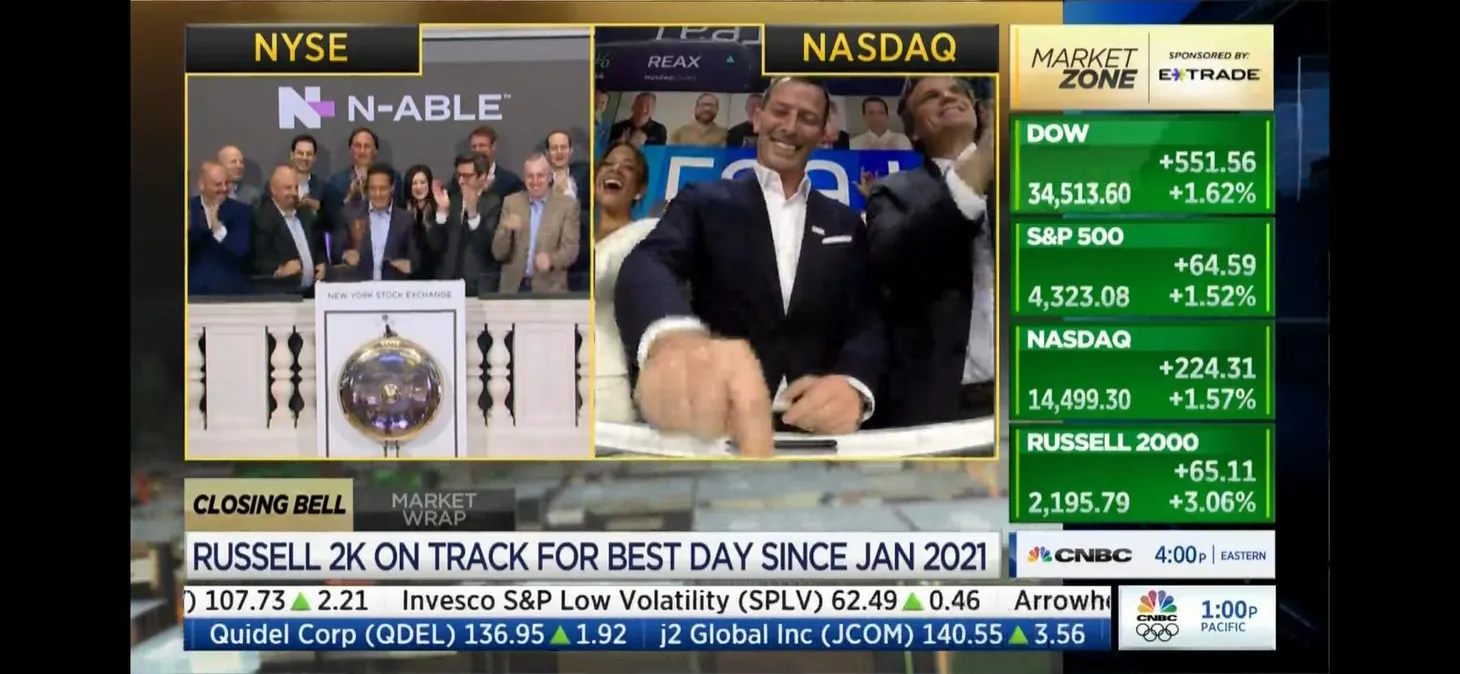
Remote Worship
A distributed culture can survive and thrive — even without Zoom.

The Talent Portfolio
Individual people are the next big asset class.

Betting the Firm
The company of the future will look like a venture fund, and talent will become a truly investable asset.

Invisible Talent Leaks and Outlier Employees
The cost of “office maximalism” is high. It’s also invisible.


